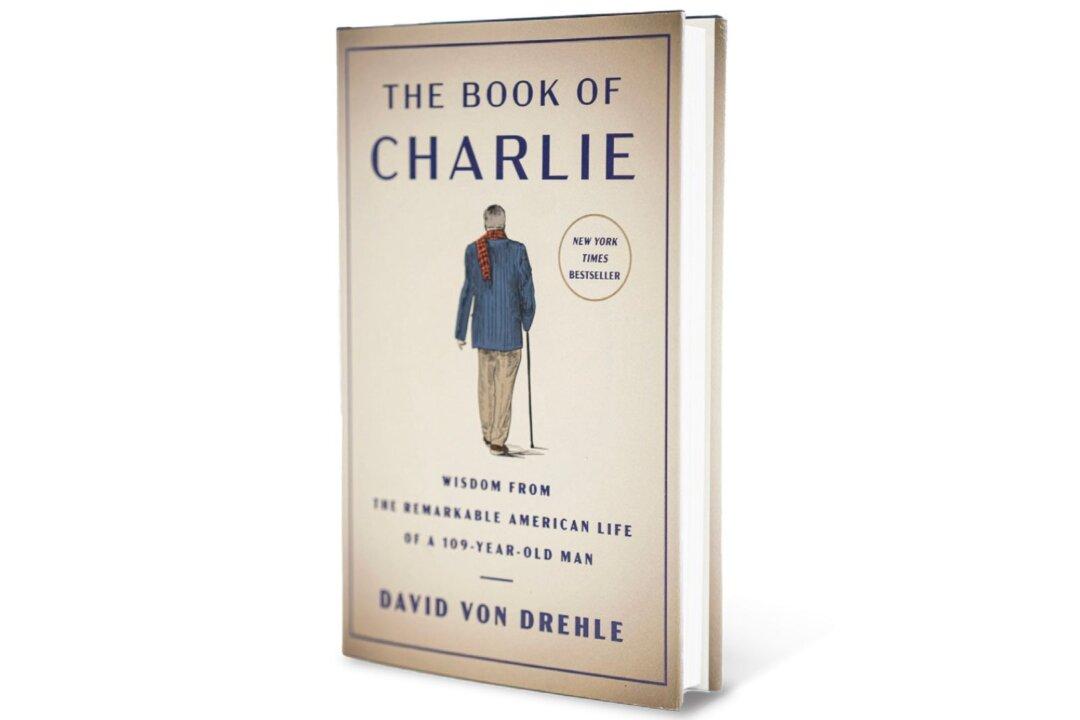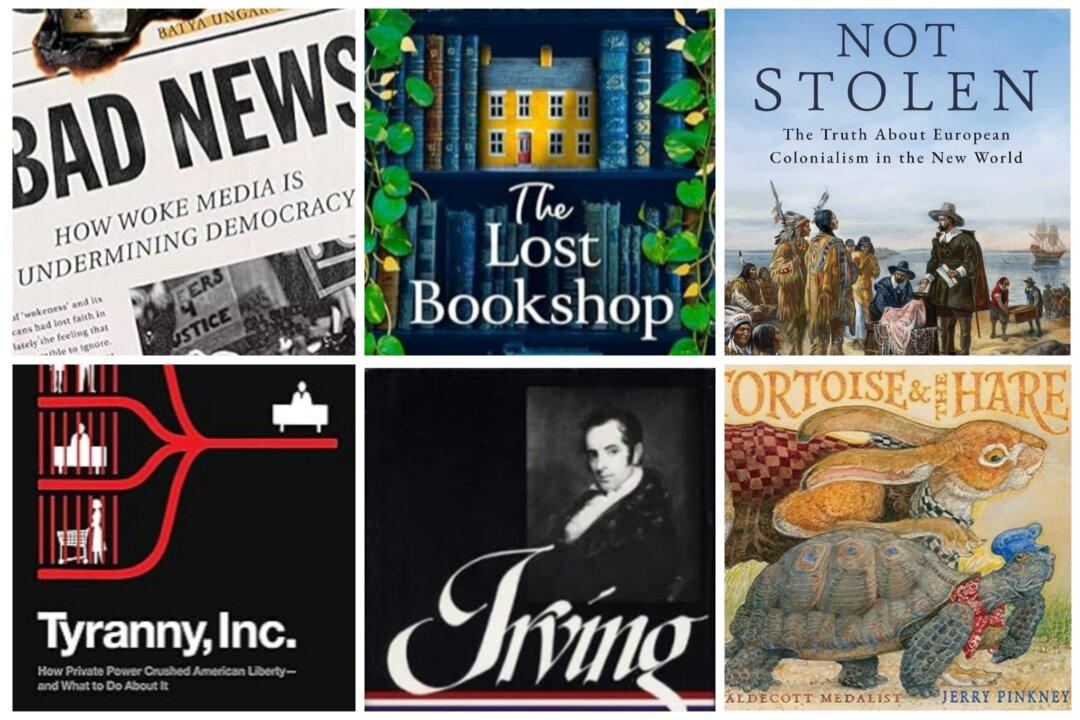Dec. 7, 1941, marks the date when Japan bombed Pearl Harbor, ushering the United States into World War II.
As much as this date is cemented in the World War II history of the United States and, hopefully, in the minds and hearts of most Americans, bestselling author Erik Larson takes readers on a compelling inside look at the political drama focused on a critical period in Great Britain’s history leading up to America’s entry into the conflict, in his “The Splendid and the Vile: A Saga of Churchill, Family, and Defiance During the Blitz.”






